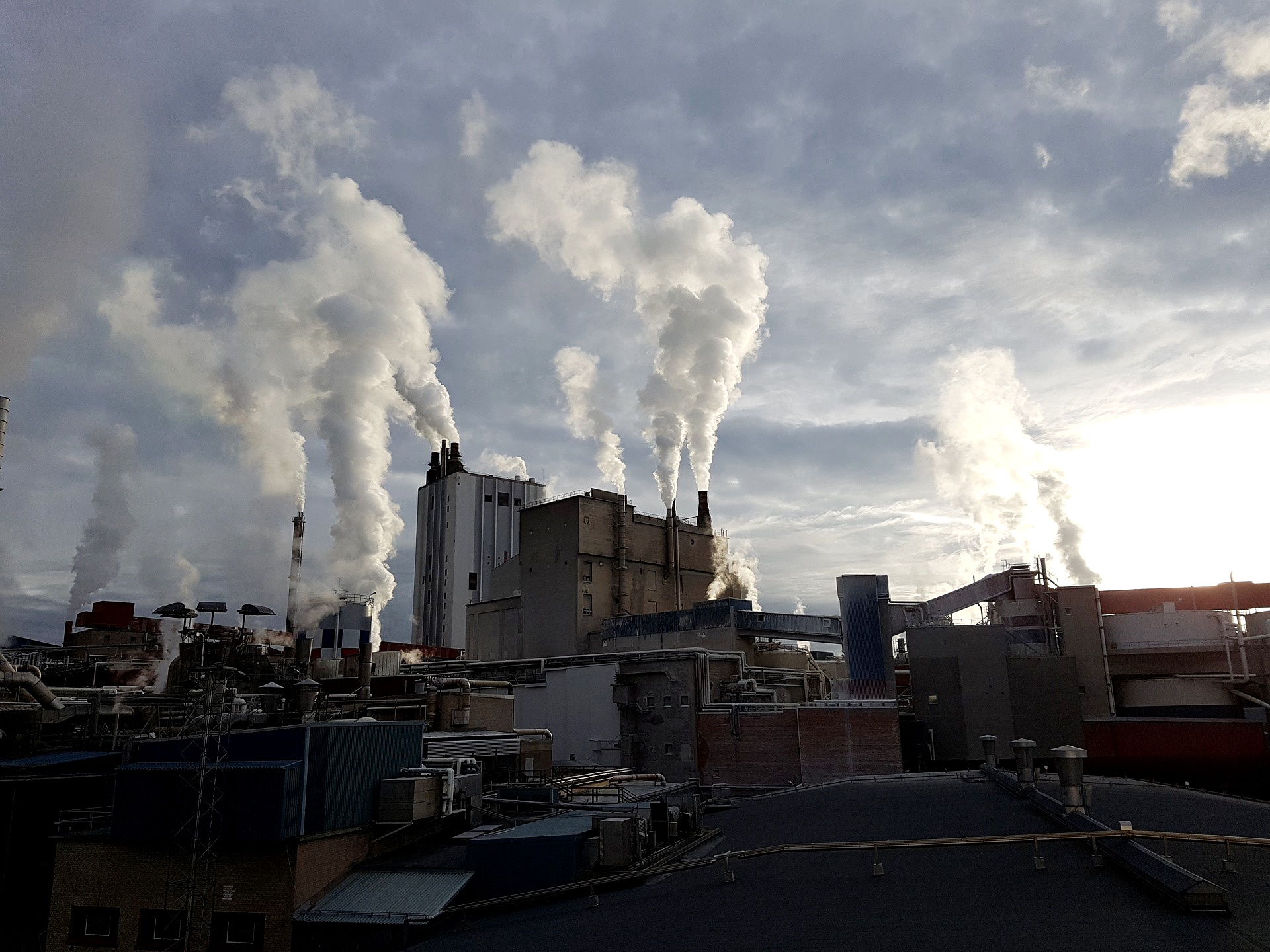The Bengaluru-based Centre for Science Technology Environment & Policy, one of the largest think tanks in India, launched the Centre for Air Pollution Studies (CAPS) mid April 2019 in New Delhi. It was launched in the presence of Dr Ajay Mathur (Director General, TERI), Mr Ritesh Kumar Singh (Joint Secretary, MoEFCC), and Ms Rhea Cordeiro (Consultant – Climate Change, MacArthur Foundation).
The
In 2017, long-term exposure to ambient PM2.5 contributed to 2.9 million deaths. India and China, the world’s two most populous countries, accounted for 52% of the global PM2.5-attributable deaths (State of Global Air Report, 2019). Deteriorating urban air quality is a matter of serious concern in most Indian and South Asian cities, with reports (WHO) indicating that 14 out of the world’s 20 most polluted cities are in India.
Managing air quality levels across cities has emerged as a complex task, and governments are seeking credible scientific studies to create meaningful policy options to mitigate air pollution.
“Research on air pollution alone is not enough unless it is applied in policy and practice,” said
Mr Krishan Dhawan, CEO, Shakti Sustainable Energy Foundation, remarked, “The widespread issue of air pollution across India necessitates the need to strengthen civil society organisations so as to better inform the development of policies and their implementation.”
CAPS has been set up with funding from Shakti Sustainable Energy Foundation, Bloomberg Philanthropies, and the MacArthur Foundation and is collaborating with institutions such as the University of Washington (Seattle), the University of Texas (Austin), IIT Kanpur, IIT Madras, and the Indian Institute of Science (IISc) for its research activities.
To know more, please visit www.caps.cstep.in










